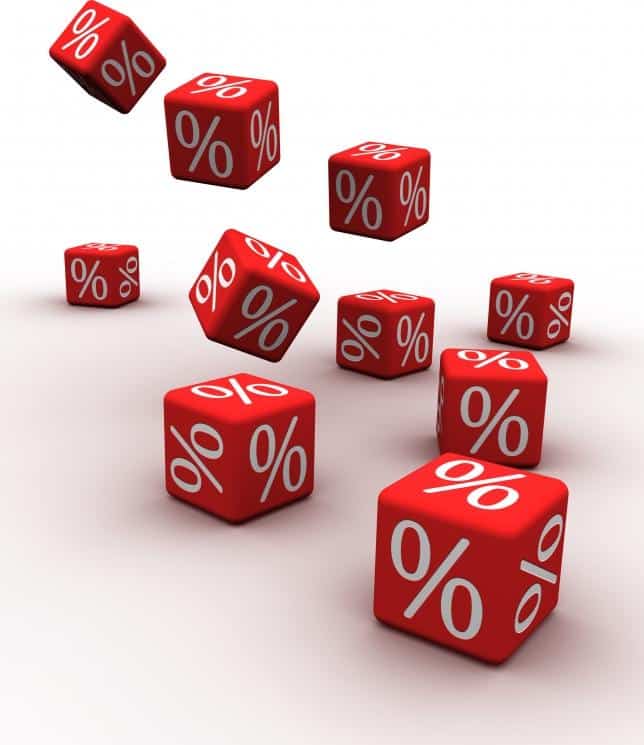What if Interest Rates Rise?
 With all of the excitement of buying a business, variable rate loans can sometimes add some anxiety. Loan terms vary from bank to bank. Generally, interest rates on a 10-year SBA loan will adjust quarterly as a function of the prime interest rate — typically prime + 1.75-2.25%. Let’s look at an example to understand what impact a rising interest rate might have on your income.
With all of the excitement of buying a business, variable rate loans can sometimes add some anxiety. Loan terms vary from bank to bank. Generally, interest rates on a 10-year SBA loan will adjust quarterly as a function of the prime interest rate — typically prime + 1.75-2.25%. Let’s look at an example to understand what impact a rising interest rate might have on your income.
| Acquisition Price: | $700,000 |
| Discretionary Earnings: | $231,000 |
| Buyer Down Payment: | $175,000 |
| Bank Loan: | $525,000 |
| Interest Rate: | 5.5% | 6.5% | 7.5% |
| Annual Payments: | $68,376 | $71,532 | $74,784 |
| Cash Flow to Buyer | $162,624 | $159,468 | $156,216 |
| $ Difference | $3,156 | $6,408 | |
| % Variance | -2% | -4% |
Today’s rates commonly allow for an initial interest rate of 5.5% on an SBA loan. The table above describes the impact of successive increases to 7.5%. Under this scenario, amortization costs on a loan of $525,000 could increase by only $6,408 on an annual basis, which would translate to a minimal reduction in income if all else is equal.
Typically a buyer will pursue a business in part because of anticipated growth — perhaps at the rate of 10% per year — then the threat of interest rate increases of this nature won’t be more than a blip on the distant horizon. To learn more about buying or selling a business, please contact one of our Apex Business Advisors.
Paul Temme
Senior Advisor

